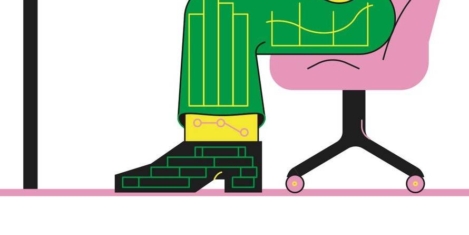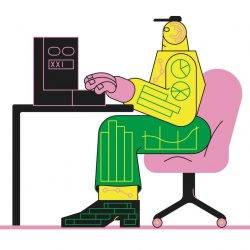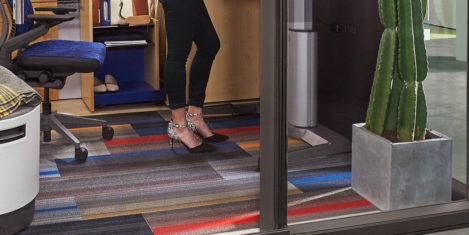July 4, 2019
World Economic Forum sets out top tech trends for 2019
 The World Economic Forum has announced its annual list of breakthrough technologies with the greatest potential to make a positive impact on our world. The technologies on the list, which is curated by members of the Forum’s Expert Network, are selected against a number of criteria. In addition to promising major benefits to societies and economies, they must also be disruptive, attractive to investors and researchers, and expected to have achieved considerable scale within five years. This year’s list features several technologies and tech trends directly relevant to the workplace and building design, including telepresence, automation and systems for plastics management.
The World Economic Forum has announced its annual list of breakthrough technologies with the greatest potential to make a positive impact on our world. The technologies on the list, which is curated by members of the Forum’s Expert Network, are selected against a number of criteria. In addition to promising major benefits to societies and economies, they must also be disruptive, attractive to investors and researchers, and expected to have achieved considerable scale within five years. This year’s list features several technologies and tech trends directly relevant to the workplace and building design, including telepresence, automation and systems for plastics management.









 A significant proportion of the global population is concerned about the use of artificial intelligence (AI), with scepticism about its use by business greater than its use by government, a poll published by the
A significant proportion of the global population is concerned about the use of artificial intelligence (AI), with scepticism about its use by business greater than its use by government, a poll published by the
 A majority of European workers (57 percent) believe that technology will help to bring about a four day week in the near future as it improves their productivity and efficiency, according to
A majority of European workers (57 percent) believe that technology will help to bring about a four day week in the near future as it improves their productivity and efficiency, according to 
























July 2, 2019
A Turing Test for the workplace 0
by Mark Eltringham • Comment, Facilities management, Technology, Workplace, Workplace design